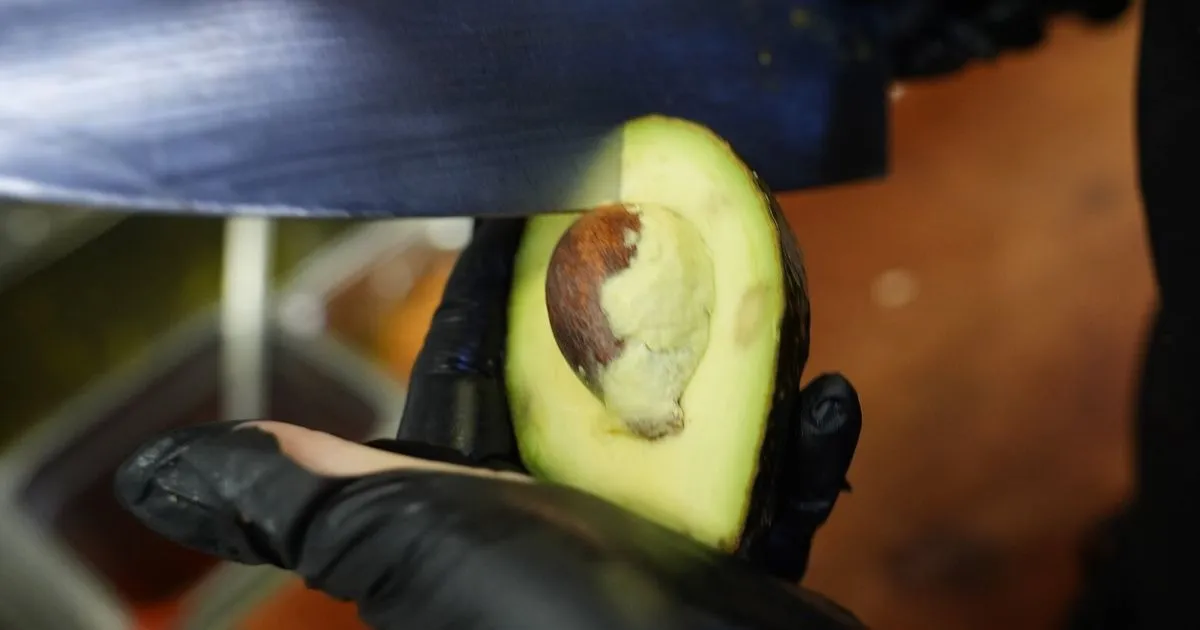
Victoria Gutierrez, the chief merchandising officer for Sysco, a leading global food distributor, has been reflecting on the significant implications of potential tariffs on food imports from Mexico, Canada, and China. With President Donald Trump announcing hefty tariffs, Gutierrez and her task force meticulously reviewed thousands of suppliers to assess which products might be impacted by these changes. The company, boasting nearly $79 billion in annual revenues, had already begun diversifying its suppliers due to the challenges posed by the COVID-19 pandemic. However, the avocado supply chain presented a unique challenge.
“The majority of avocados consumed in the United States are sourced from Mexico," Gutierrez stated in mid-February. "Can we meet the full demand for avocados in the U.S. today? No." She pointed out that there is limited avocado production in the United States during the winter months, making the reliance on Mexican imports critical. Unfortunately, the threat of tariffs soon became a reality when the Trump administration implemented a 25% tariff on all imports from Canada and Mexico, alongside a 20% tariff on goods from China.
In anticipation of the tariffs, companies like Sysco were already working to build up inventories of less perishable goods and seeking new suppliers outside of the tariff-affected countries. Will Ford, the chief operating officer of Westrock Coffee, revealed that they were exploring alternatives for their coffee supply, considering sourcing from Honduras or Guatemala instead of Mexico. This strategy, however, is not easily applicable to perishable items like avocados, where companies face a tough decision to either absorb the tariff costs or pass them onto consumers.
Notably, Mexican avocados are a staple ingredient for many popular restaurant chains, including Chipotle, which relies on Mexico for approximately half of its avocado supply. Despite the looming tariffs, Chipotle’s CEO, Scott Boatwright, announced that the company plans to absorb the additional costs for the time being. However, he did caution that if costs escalate significantly, they may need to increase prices. In contrast, Target’s CEO, Brian Cornell, indicated that the retailer would likely raise prices on fruits and vegetables imported from Mexico shortly after the tariffs took effect.
Analysts from S&P Global Ratings warn that companies may face limitations in passing on these tariff costs to consumers, especially within the packaged food industry. Absorbing some of these costs could become essential to maintaining market share. In recent years, supply chain executives primarily focused on finding the lowest-cost producers, but the COVID-19 pandemic has shifted priorities towards building more resilient supply chains.
For companies like Mondelez International, which operates a factory in Salinas, Mexico, producing popular snacks such as Oreos and Ritz crackers, the impact of tariffs is significant. This facility is responsible for around 18% of the company’s U.S. sales, and moving production back to the U.S. could lead to increased operational costs. Moreover, companies in the alcohol sector, such as Diageo and Constellation Brands, are also feeling the pressure, with Diageo projecting a potential $200 million hit to its operating profits due to reliance on liquor imports from Mexico and Canada.
At Sysco, Gutierrez noted that the company has fundamentally altered its supply chain approach in response to the pandemic. Previously, they might have partnered with a single supplier for a product; now, they aim to have multiple suppliers from various countries to mitigate risks. This strategy is crucial as global food companies must increasingly adapt to unpredictable factors that can disrupt supply chains, including climate-related issues and sudden price surges, such as the recent spike in egg prices due to bird flu outbreaks.
As the situation evolves, Sysco remains committed to identifying viable alternatives for its customers affected by the new tariffs. "For supply chain officers, uncertainty and dealing with shocks to the system is the name of the game," Gutierrez remarked. As the landscape of food distribution continues to shift, companies will need to navigate these challenges while ensuring that consumers have access to essential products like avocados, limes, tomatoes, and onions from Mexico and beyond.